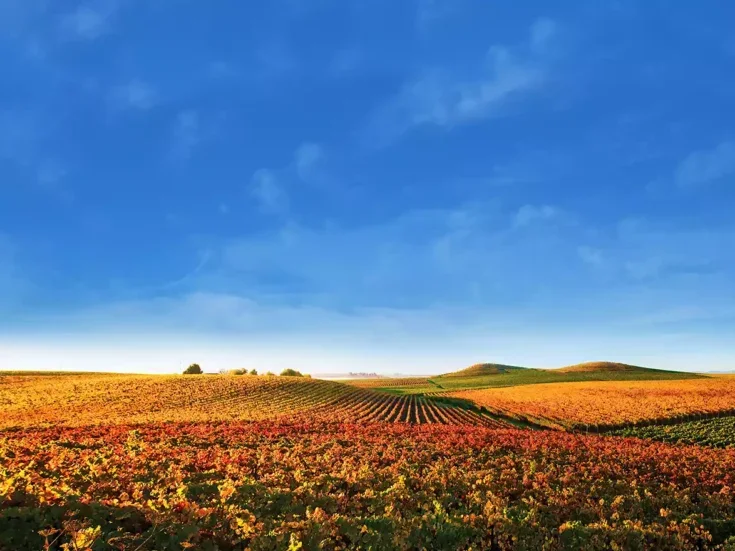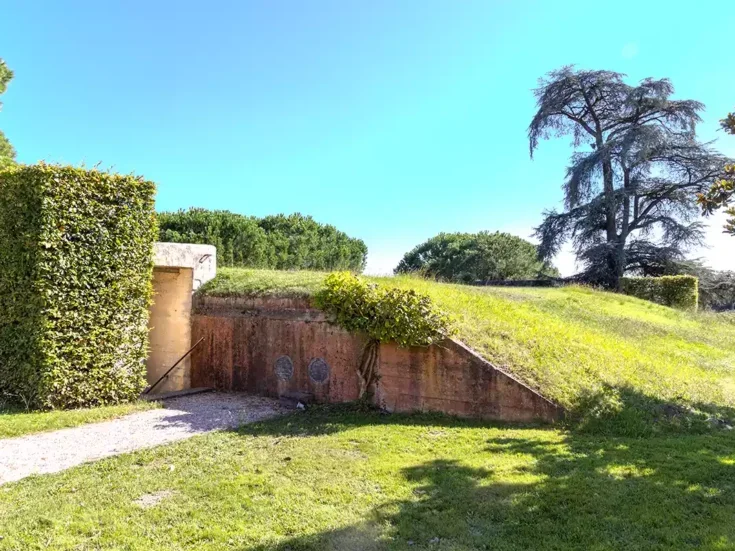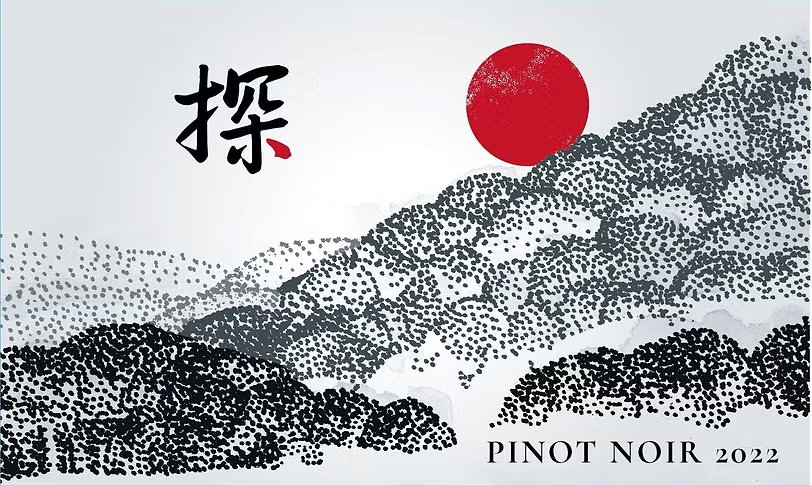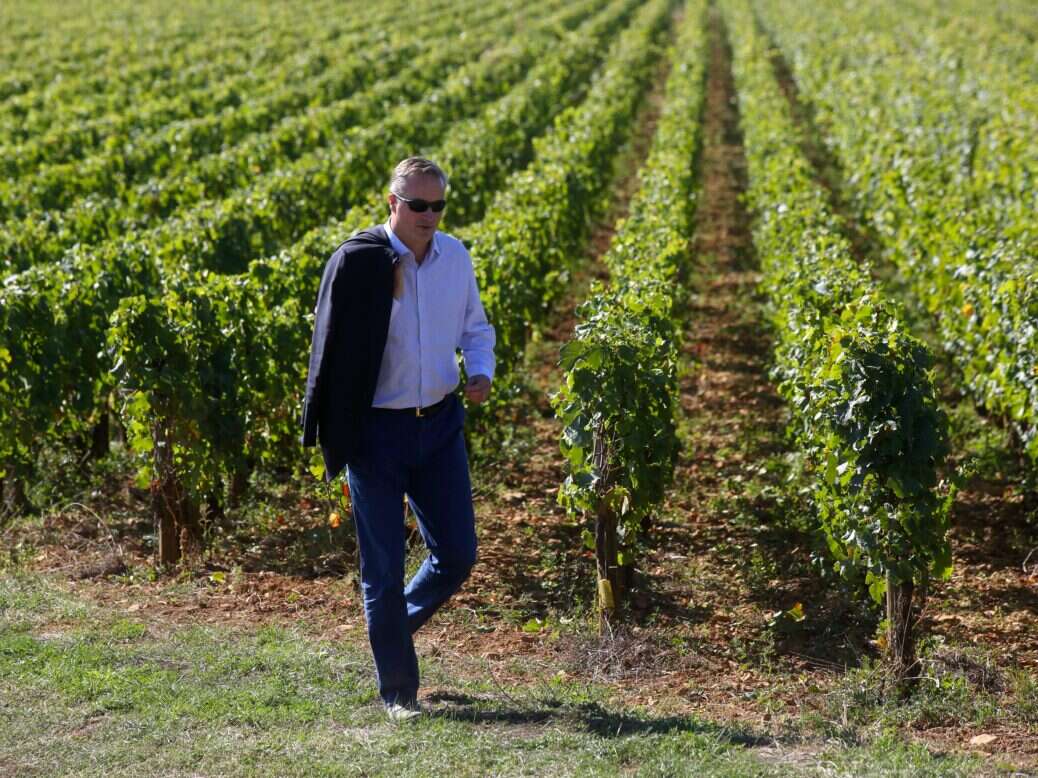
The death of Louis-Fabrice Latour in September left Burgundy without one of its most influential and widely respected representatives. Louis Latour UK sales director, Richard Nunn, and Albéric Bichot, managing director of Albert Bichot and president of the Fédération des Négociants-Éleveurs de Grande Bourgogne, pay tribute to a much-loved figure who “made a huge contribution to the soul of the Bourgogne winegrowing region.”
The beloved head of a family: Richard Nunn on Louis-Fabrice Latour
Louis-Fabrice Latour died in Beaune on Monday, September 5, 2022. He was 58.
These are not words that I ever expected to have to write. Louis-Fabrice was a man who seemed to have boundless energy, who never seemed to have a day off sick and frequently left us trailing in his wake as he set off on a “short walk” from a restaurant back to a hotel. That he has died at such a young age is cruel indeed.
Much has already been written about Louis Fabrice by way of an obituary and it is not my intention to go over the same ground. This is more of a personal recollection of a man that I knew for 35 years, starting in 1987, when I joined Maison Latour as a stagiaire and continued when Louis Latour Ltd was set up in July, 1990, in London.
Louis-Fabrice had a deep attachment to the UK. He spent time here working for H Parrot & Co, the then importer of Louis Latour wines, and lived in London, perfecting his English and learning the ways of the UK trade. He lived in South Kensington (of course!) and steeped himself in English life. Although not fully. Many years later, at a Louis Latour dinner in the MCC Committee dining room at Lords he stood up and began his presentation with the words, “Cricket, it’s just like baseball isn’t it?”
A Batemanesque silence briefly gripped the audience until they laughed and applauded, still not quite sure whether this was a well-targeted joke or the greatest slight on their beloved English game that they had ever heard. Luckily, the Louis Latour wines flowed and entente cordiale quickly resumed.
Because of his training in the UK and time spent living here, this was a market that Louis-Fabrice enjoyed visiting. “I come here four or five times a year”, he would proudly announce, and it is true he was a frequent visitor. He loved the longevity and loyalty of many of his customers and was proud of the longstanding association that his company had had with them over many years.
Remarkable records, unearthed for the company’s bicentenary in 1997, showed receipts from UK clients dating back to the mid-19th century and a list of notable UK customers that continues to this day. And not just in London. From the tip of Cornwall to the north of Scotland Louis Latour wines are poured and Louis-Fabrice would be “in market” to help support them when and where he could.
When he came to the UK it was a signal for those of us who were to spend time with him to up our game when it came to current affairs, sport and the current global economic situation. The reason being that Louis-Fabrice would breeze into our office and immediately share his opinion on the latest Man U v Arsenal game or want to know what we thought of the transfer of Player A to Paris St-Germain.
He had a canny grasp of all that was going on and one had to be quick if one was not to be outsmarted by someone who had only just stepped off the plane or train in London. Also, his memory was forensic and there was many a time that he recalled a date, a place, or a name that had long since departed my own memory bank.
If you spent any time with Louis-Fabrice you quickly came to appreciate his love of politics. He once said that if he had not been in the wine trade then he would have been a political or economic journalist and I can quite believe that. He loved the political cut and thrust, the intrigue, the manoeuvring and the characters involved. He was as equally engaged with the UK scene as he was with his own domestic political landscape and always wanted to know the latest news and gossip when he was in the market.
Building on a legacy
On a business front, he continued his father’s legacy by expanding into Chablis with the acquisition of Simonnet-Febvre in 2003 and in Beaujolais with the purchase of Henry Fessy in 2008. He championed southern Beaujolais with his Pinot Noir plantings in Les Pierres Dorés and revived the plantings in Coteaux de l’Auxois, north of Dijon. A move that could come to be seen as visionary should global warming continue along its current trajectory.
At Louis-Fabrice’s funeral in Beaune, one of his colleagues said to me how much he would miss seeing him walking through the streets of Beaune. He went on to describe this vision of Louis-Fabrice, his rolling gait, jacket thrown over one shoulder, sunglasses on and tie (almost always from Hermès) askew. It was a perfect description and will indeed be a sight that many people miss. To many of us, Louis-Fabrice’s style was the opposite of what we have come to see as “French Style”, but it was very much him, it was quintessentially Louis-Fabrice and we loved him for it.
It continued into the world of technology, a world that seemed utterly alien at times to Louis-Fabrice. He was more likely to have a very simple and basic mobile tucked into the top pocket of his jacket than the latest smart phone (but who could argue with the four-day battery life?) and many a visiting CEO was left somewhat perplexed by the complete absence of a PC or laptop on his desk.
But maybe he was right all along; rather than being chained to his desk and a constant flow of emails he was more likely to be on the telephone (remember those?) talking to his customers and importers around the world. To Louis-Fabrice, talking, conversing, discussing was always preferable to a barrage of emails.
Above all, Louis-Fabrice was a family man. The company in Beaune was one family and the vast swathe of long-term employees, some of whom have or had been with the company for over forty years, serves to illustrate that the loyalty worked both ways.
At his funeral, those who had worked for him in the offices, the vineyards and the winery all came to pay their last respects and all were devastated to have lost “the boss” at such an early age. Then there is his own family: his wife, Patricia, whom he married in 1995 and their four children (a daughter and three sons) all of whom are mourning the loss of a beloved father.
So, as the 225th harvest is gathered in by Louis Latour, a harvest that appears to be bountiful and of good quality (Louis-Fabrice would have been delighted as it was just what he and many others had been praying for), we are left to reflect on a life well lived, a life of service and dedication to the region he loved and to reflect also on a man of great intelligence, someone with a great sense of humour, who never took himself too seriously but was always serious in the things he did.
Simplicity, conviviality, rigor, and intellectual honesty: Albéric Bichot on Louis-Fabrice Latour
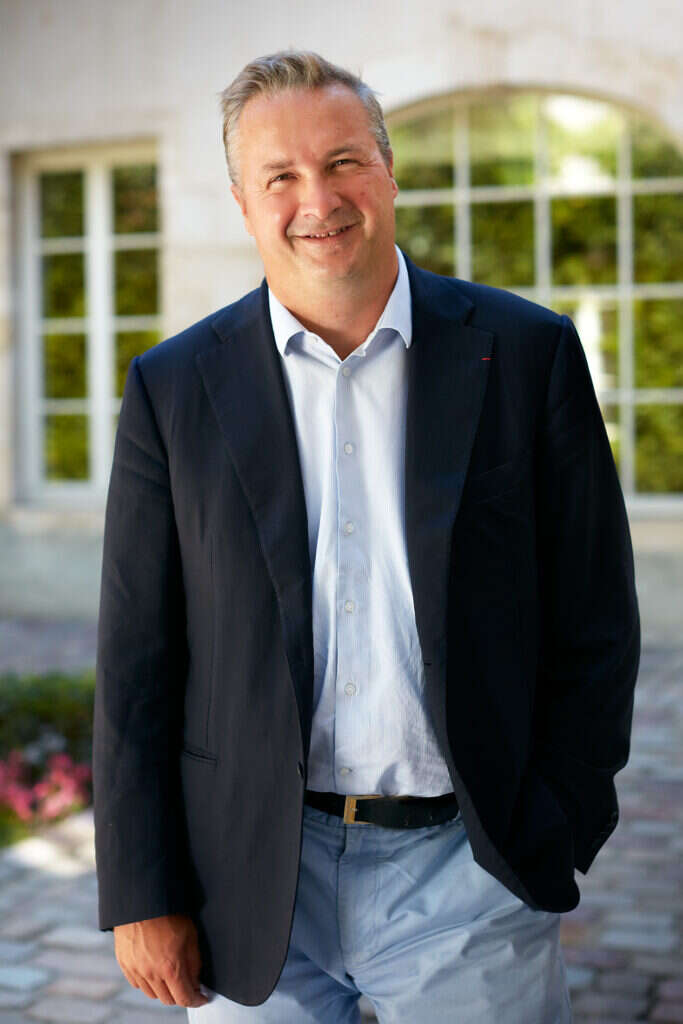
The entire négoce trade of the Bourgogne winegrowing region and the wider wine world is now grieving. We have lost one of the most emblematic characters of the region.
Louis-Fabrice Latour encapsulated the Bourgogne region, his family history having been intimately intertwined with that of winegrowing. He was the 11th generation of the Louis Latour family to take the helm of the eponymous wine house in the heart of Beaune.
As a child, he was nurtured by this history, and once he took over the family business, he always maintained a very clear vision of the future and the path the region had to take, but with his mind firmly anchored by his heritage. This was accompanied by an intimate knowledge of the geography of the region. No corner, no plot, and no appellation was unfamiliar to him.
Louis-Fabrice made a huge contribution to the soul of the Bourgogne winegrowing region. He was a marvelous embodiment of the values of simplicity, conviviality, rigor, and intellectual honesty. He was always honest and clear about his intentions, and this authenticity was above all illustrated in his incomparable loyalty and faithfulness.
He was faithful to his values and convictions, but above all, faithful to the men and women with whom he worked and also those he met through his business and union dealings. He was fiercely determined to move forward in a tireless way. He was always on the offensive despite any adversity. The export of Bourgogne wines was, of course, one of his obsessions and he devoted much time and energy to establishing new markets and seizing new commercial opportunities.
Cordiality, optimism, and enthusiasm
One could not fail to recognize his cordiality, optimism, and enthusiasm; his commitment to others, his passion for the common good as he often liked to say. Heir to an age-old family tradition, he was president of the Union des Maisons de Vins de Grande Bourgogne (2003-2016), the Fédération des Exportateurs de Vins et Spiritueux (2011-2014), and the Bureau Interprofessionnel des Vins de Bourgogne (2015-2021).
Within these union roles—his “second home” as he would joke—he played a major role in modernizing the Bourgogne négoce trade, forging closer ties with the banking community and strengthening links between the Bourgogne and Beaujolais regions.
As president of the FEVS, he was a great defender of French wines and spirits in the face of customs, trade tariffs, and health-related barriers that arose around the world, depending on the political or economic events. While at the head of the BIVB, he continued the work of promoting the inclusion of the climats on the UNESCO World Heritage List and was an active player in the launch of the construction of the Cité des Climats et Vins de Bourgogne. More recently, he worked on the launch of sustainable development projects that would shape the future of the winegrowing region.
In all of his union work, Louis-Fabrice demonstrated the ability to combine tradition and modernity; tradition because he was convinced that would remain a key thrust to winegrowing in the Bourgogne region, and modernity because he knew that a winegrowing region that does not evolve, even when enjoying real success, is a winegrowing region that is turning its back on the future.
If I had to highlight one trait of his outstanding personality, it would be his humanity. Louis-Fabrice cultivated a benevolent attitude marked by kindness, modesty, and a remarkable ability to listen. He was also a very trusting man and paid great attention to those he spoke to. He knew, of course, how to defend his ideas, but he did it with a temperament that was always tinged with kindness and a desire to understand. As such, he would remind us with every exchange that every project is a human adventure.
For all of this, we can only express our gratitude and respectful recognition.

